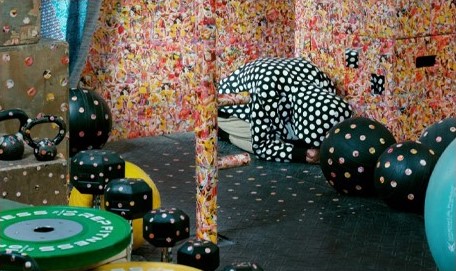Social media has heavily affected the amount of recreational reading students are doing, even affecting their academic performance as well.
The National Endowment for the Arts stated that reading was at risk, declining dramatically across all ages over the past 20 years. This decline correlates with the heavy increase of participation in the Internet and social media.
In San Antonio’s public schools, the 22-23 STAAR test scores showed that less than half of students from grades 3-8 did not read at their grade level.




